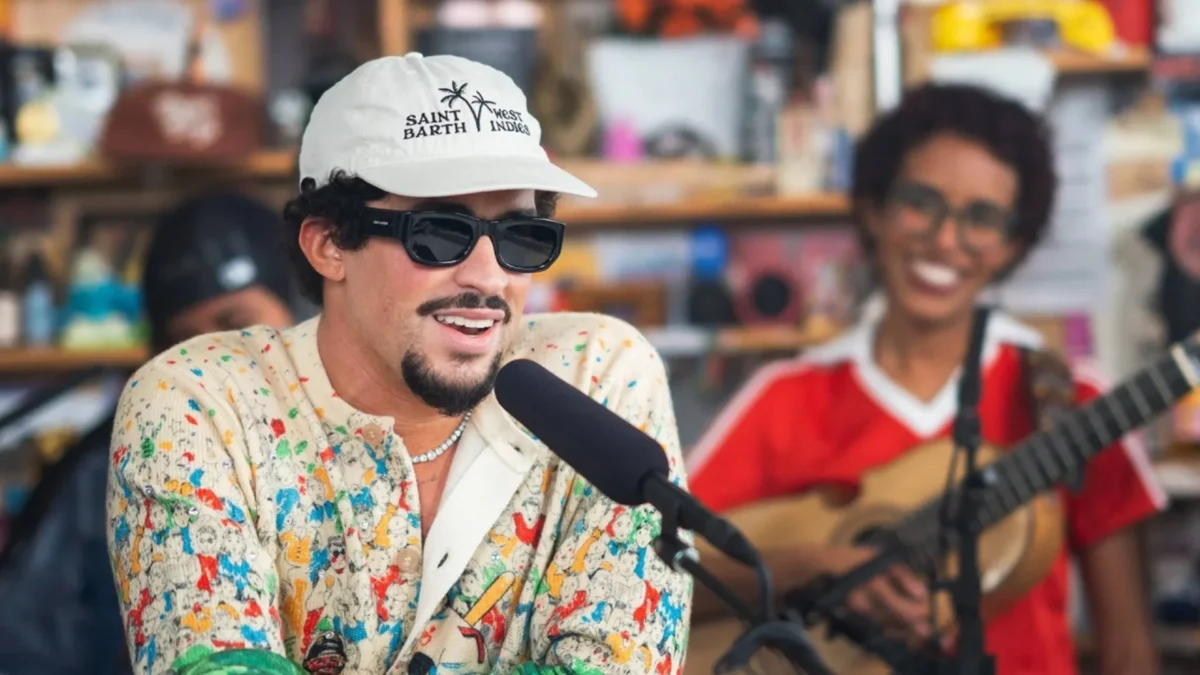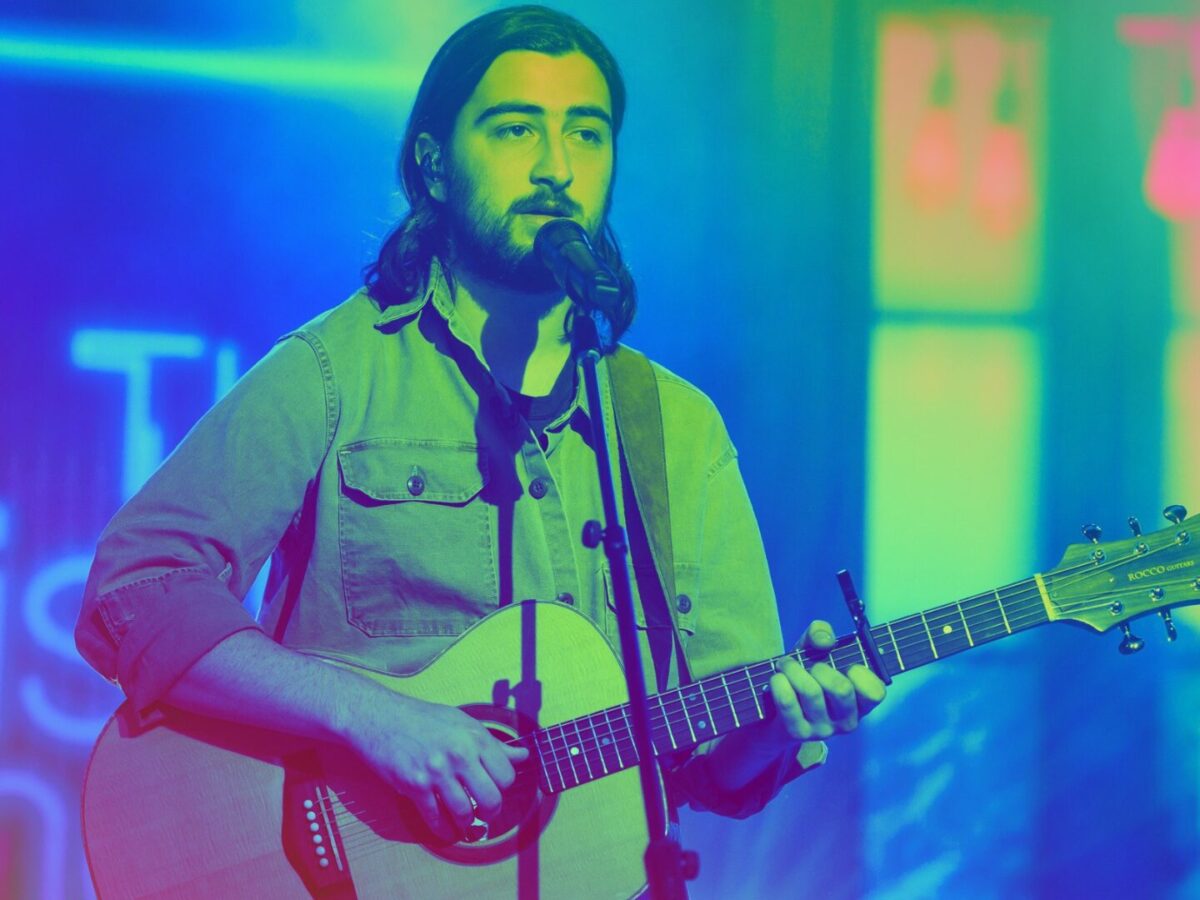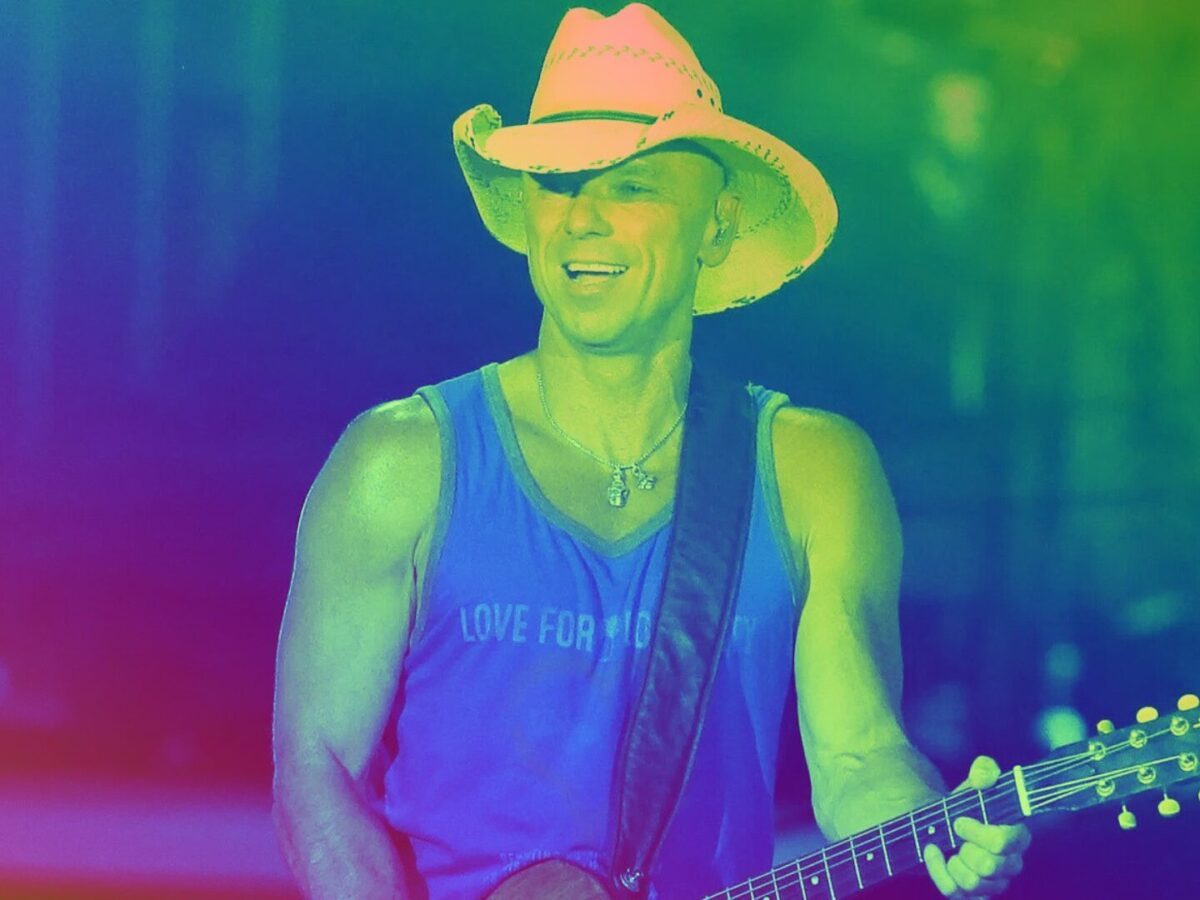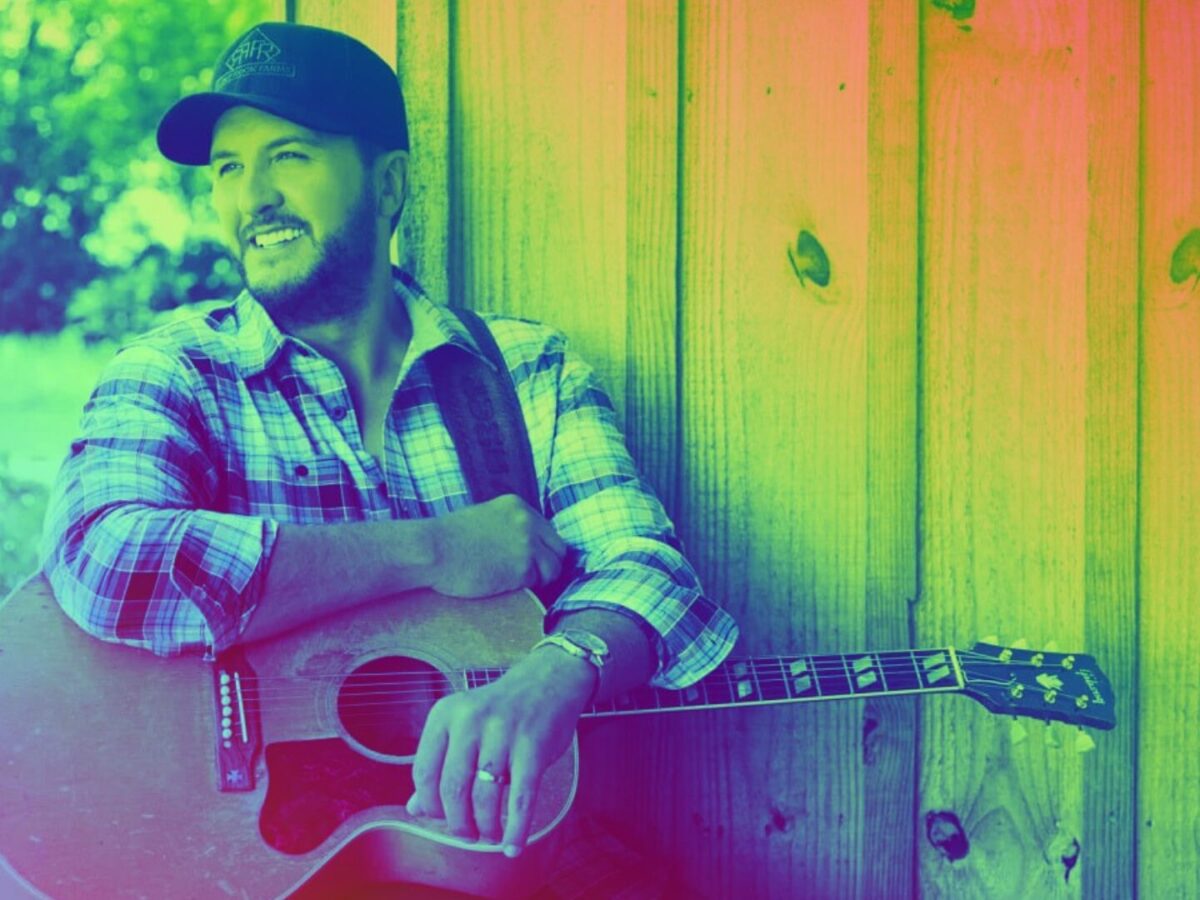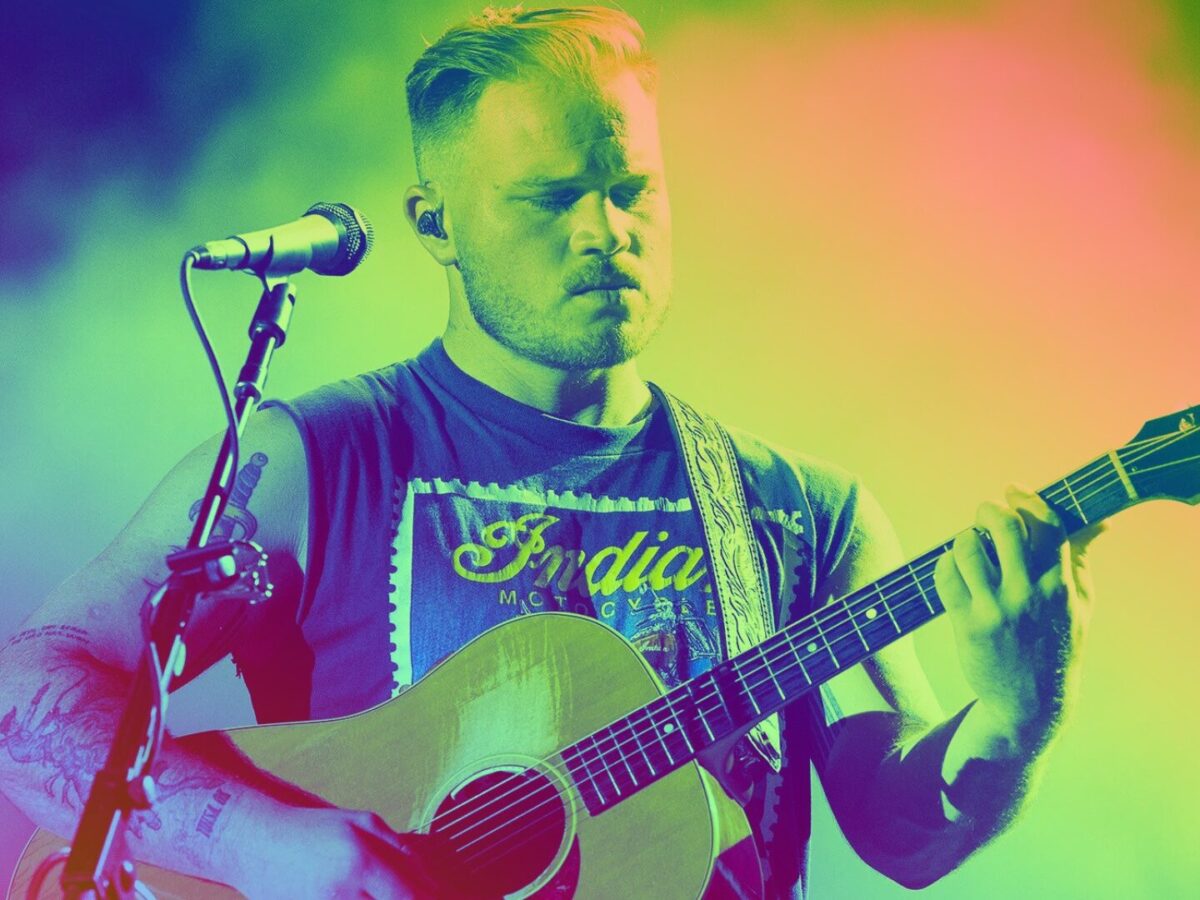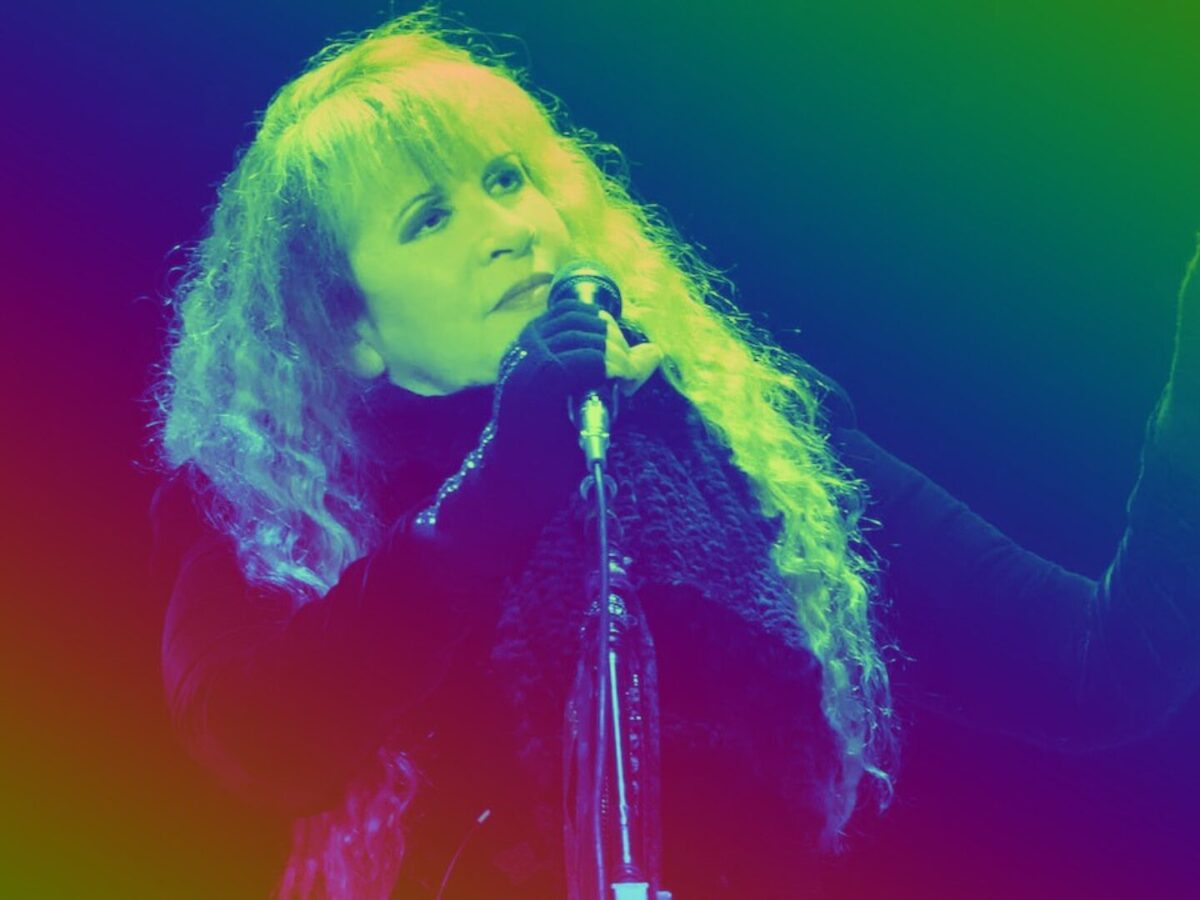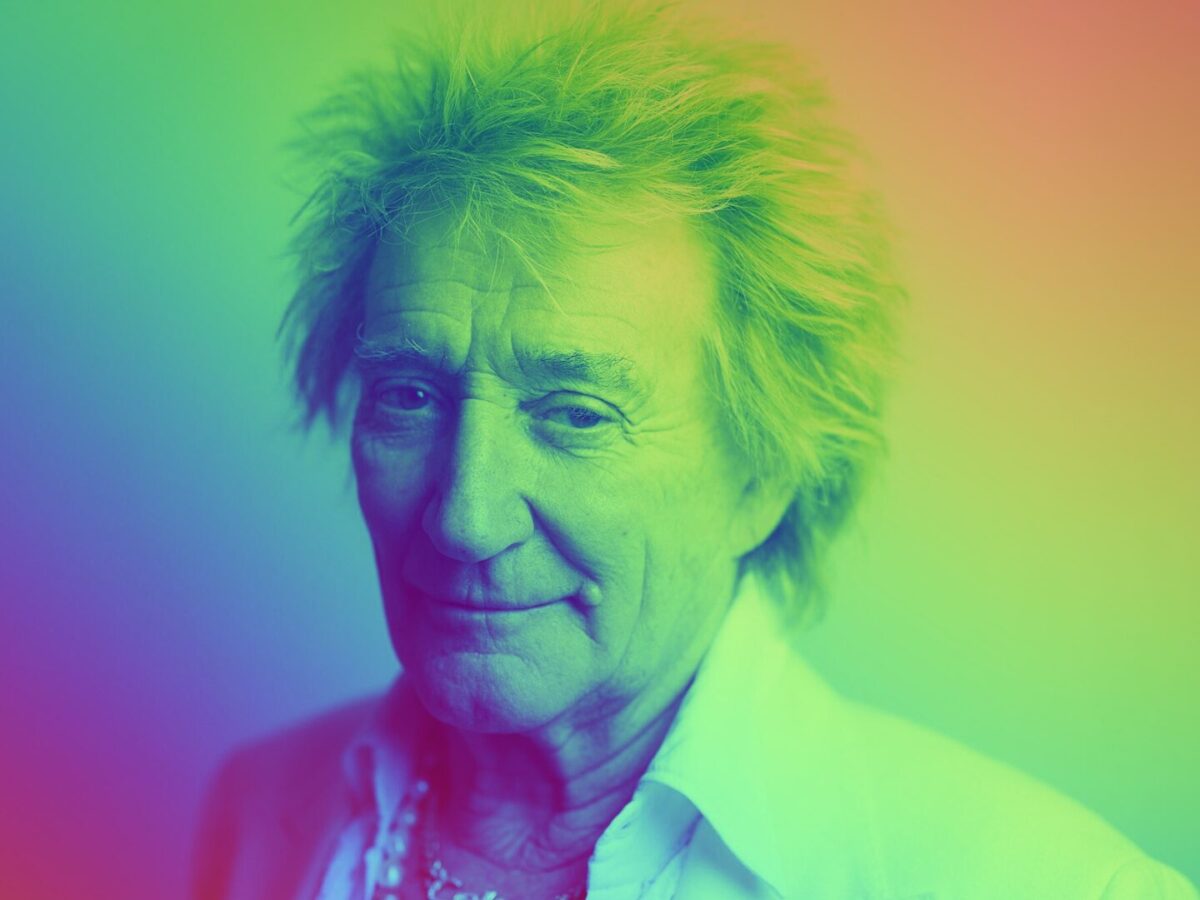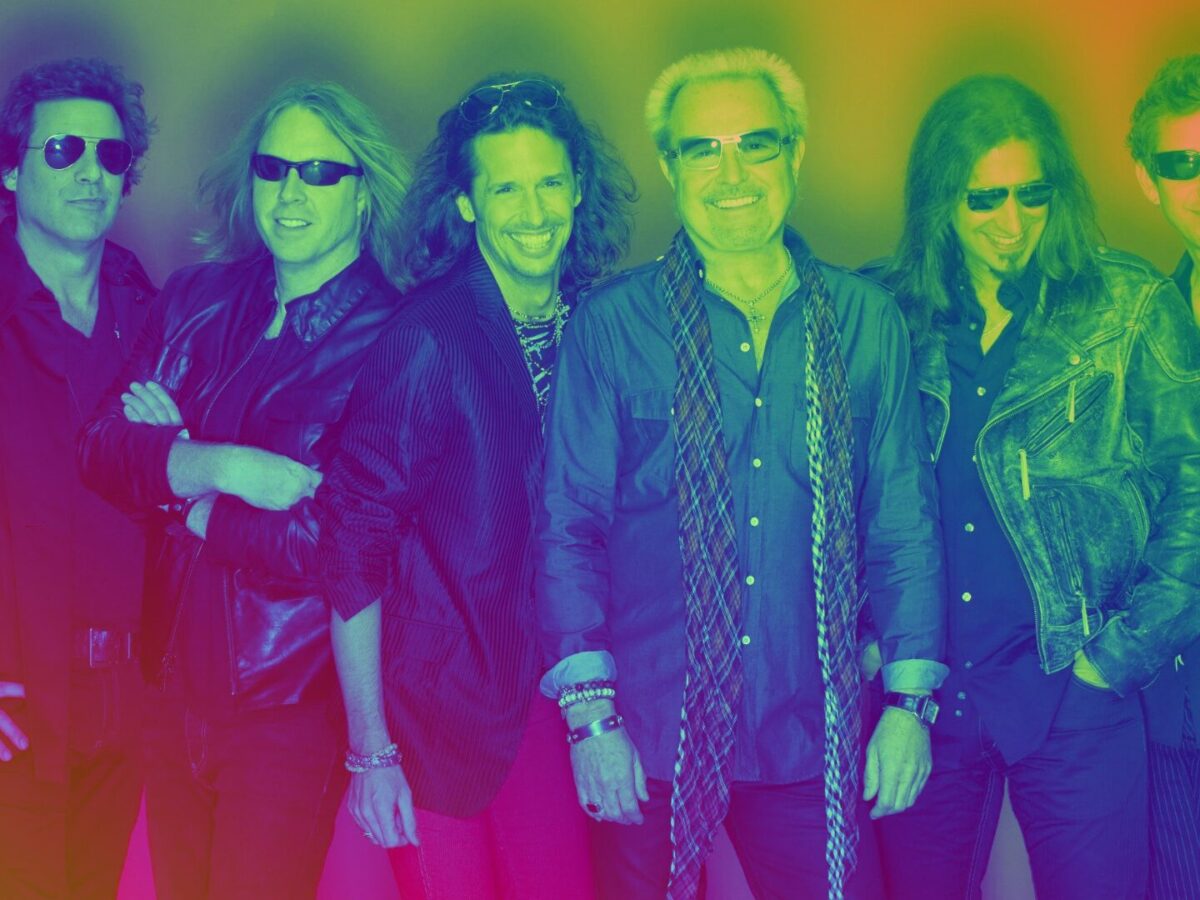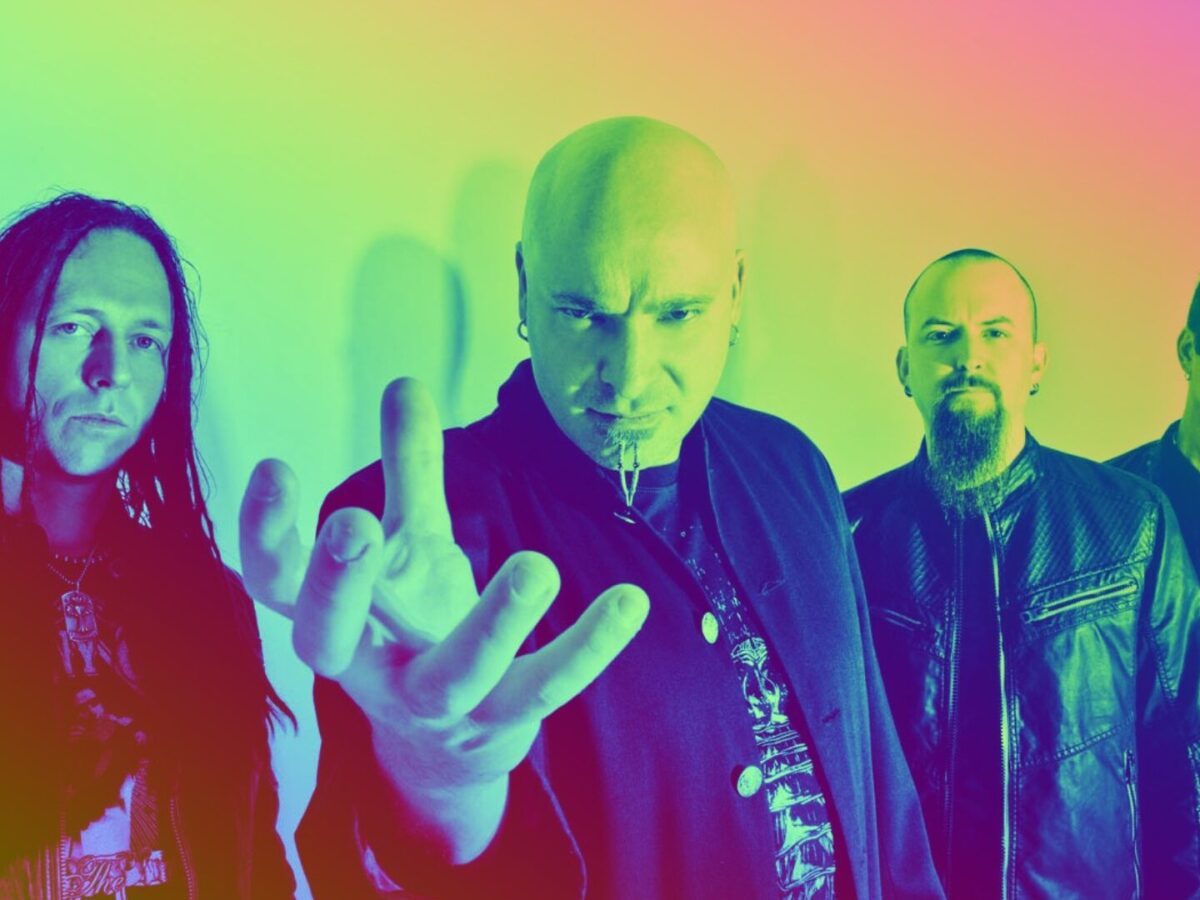The NPR Tiny Desk Concert series has become synonymous with intimacy, authenticity, and stripped-down brilliance. But when Bad Bunny steps behind the desk — flanked by traditional instruments and a sea of Puerto Rican nostalgia — the format transforms into something far more visceral. This isn’t just another concert. It’s a love letter to his island, a declaration of cultural pride wrapped in the rhythm of congas and cuatros.
Draped in soft blue light and crowned by the quiet reverence of the NPR newsroom, the reggaetón superstar opened with “Pitorro de Coco,” immediately grounding the performance in boricua tradition. Throughout the set, which included tracks like “Voy a llevarte pa PR” and “KLOuFRENS,” Bad Bunny blurred the boundaries between global stardom and local storytelling. His voice, both calm and commanding, carried not only lyrics but the weight of history.
A performance rooted in political memory
During a brief interlude, Benito Antonio Martínez Ocasio — the artist’s real name — paused to recount a parable of a man amazed by a Puerto Rican band rehearsing outside the White House. “It’s incredible that after a hundred years of colonization you keep your culture, your language, your tongue, your slang,” the fictional bystander remarks. It’s a story that hits hard, especially when followed by the mournful yet resilient “Lo Que Le Pasó a Hawaii.”
In “La Mudanza,” a subtle anthem of resistance, the Puerto Rican flag is not just a backdrop but a protagonist. “They killed people for waving the flag,” Benito sings. The line isn’t hyperbole — it’s history. The performance becomes a historical archive, a protest, and a celebration all at once. As noted by NPR Music, the Tiny Desk becomes less of a stage and more of a cultural time machine.
From intimacy to internationalism
While most Tiny Desk sessions are praised for their acoustic elegance, Bad Bunny’s rendition brings a new kind of electricity. The minimalist arrangement allows each element — the cuatro riffs, the syncopated conga beats, and his earthy vocals — to shine independently. There’s no auto-tune, no pyrotechnics, just Benito and the ghosts of his musical ancestors.
What’s striking is how intimate the moment feels despite his colossal fame. According to NPR, the concert gave the impression that Benito had transported the office to San Juan, rather than the other way around. The setlist, carefully chosen, reads like a curated playlist of identity and memory. Even the crowd’s muted cheers and off-camera reactions serve to amplify the artist’s message: Puerto Rico is not a theme — it’s a heartbeat.
More than music: a manifesto
By the time the final chords of “La Mudanza” echo through the room, the audience isn’t just clapping — they’re bearing witness. Bad Bunny doesn’t just perform; he educates, provokes, and invites reflection. With each lyric, he reinforces the idea that Puerto Rico is not lost, that despite colonial erasure, the island pulses defiantly through music, language, and resilience.
The power of the set lies in its duality: it is both profoundly personal and strikingly political. The flag, the slang, the stories — they all come together not merely to entertain but to assert presence. And as the artist screams, “Yo soy de P f***** R!*” it’s not just a rallying cry for Boricuas, but an invitation to everyone: Feel this. Remember this. Share this.

